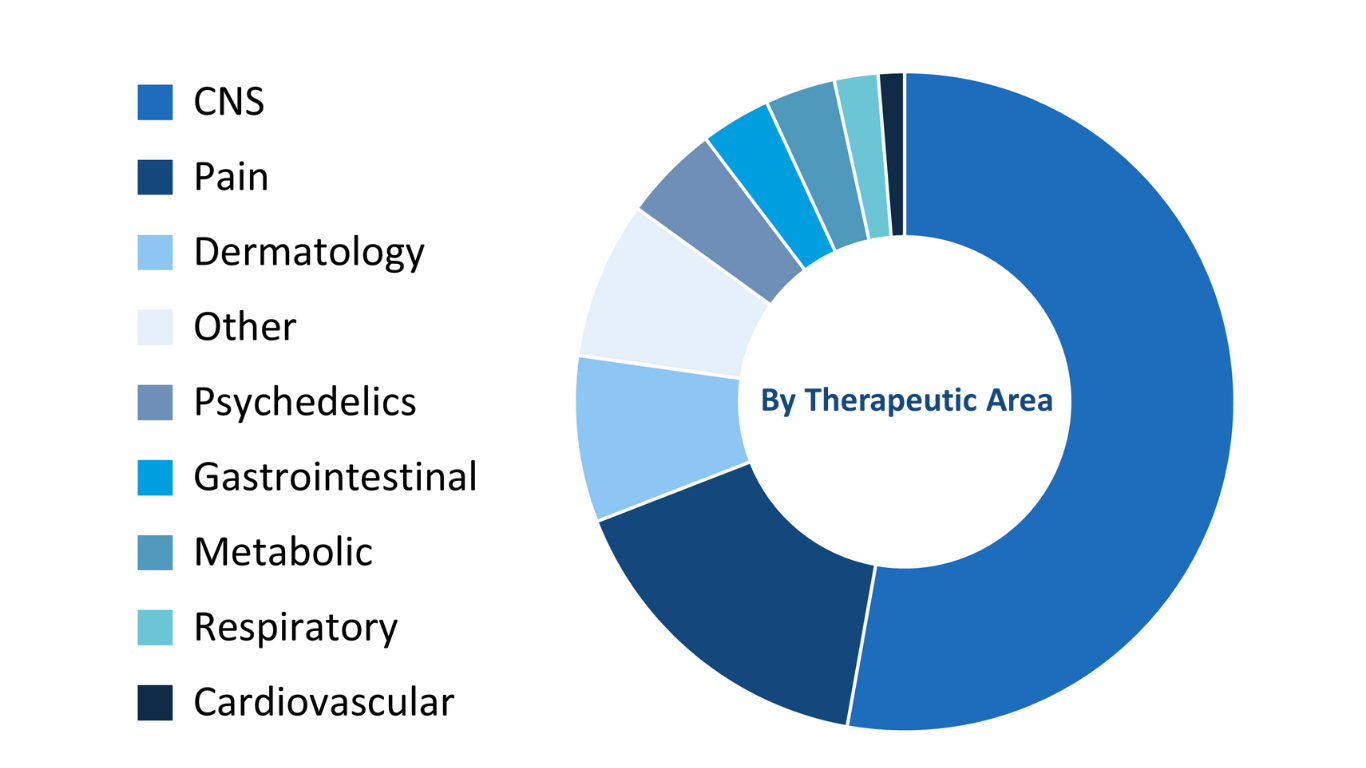
Background
This study examined the relationship of inhibitory control and measures of neuropsychological impairment in patients with early Alzheimer’s disease (AD). Four specific questions were addressed:
- Which error parameters of saccadic inhibition are sensitive to AD?
- Which inhibitory deficits are related to cognitive measures of impairment?
- Is the inhibitory impairment in AD dependent on the initiation of a volitional eye movement?
- How do the effects of saccadic inhibitory control in AD relate to the normal effects of aging?









